"Whenever You Eat" (1949) is an educational film produced by the National Dairy Council and Atlas Film Corp, emphasizing the importance of physical well-being and its connection to good living habits and a proper diet. Through a 12-minute narrative, the film likely promotes balanced nutrition, healthy eating routines, and the role of dairy in maintaining overall health. Targeting families, students, and general audiences, it serves as a mid-century public health message encouraging better dietary choices for improved daily life and long-term wellness.
Related Movies
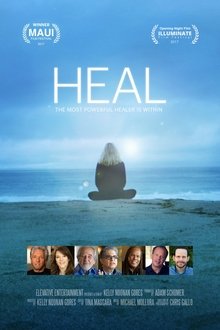
Heal (2017)
A documentary film that takes us on a scientific and spiritual journey where we discover that by changing one's perceptions, the human body can heal itself from any disease.
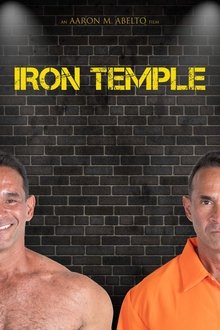
Iron Temple (2021)
IFBB Pro Tony Torres built a lucrative lifestyle which came crashing down after covering for a friend who committed a murder. After being chased by the FBI he was sent to prison for five years. Once he did his time, Tony had to build back his life.

After Haiyan (2014)
'After Haiyan' is a short film about the challenges faced by the Deaf community in Tacloban, Philippines accessing disaster relief, medical care, and basic services after Typhoon Haiyan, known locally as Yolanda.
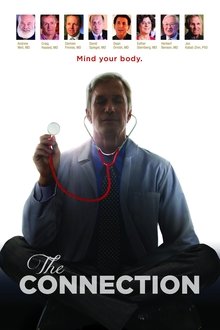
The Connection (2014)
The Connection is a film about how frontier research is proving that there is a direct connection between your mind and your health.

VD: Know Your Contacts (1968)
Shows how people, faced with the possibility or reality of being infected with venereal disease, cope with their individual situations.
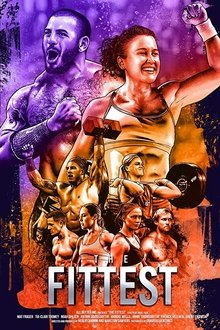
The Fittest (2020)
In 2019 the fittest athletes on earth took on the unknown and unknowable during four intense days of competition at the CrossFit Games. "The Fittest " captures all the drama as chiseled athletes descend on Madison, Wisconsin, to face a series of trials. On top of the physical challenges, this year the sport grew from 40 men and women, to over 100 of each. But with this new format came cuts of the field, so for the final half of the weekend, only 10 men and 10 women move on to determine who is the fittest. The best among them enter the pantheon of CrossFit giants and earn the right to call themselves the "Fittest on Earth."
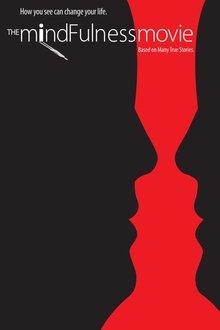
The MindFulness Movie (2013)
An entertaining, secular, and educational look at the benefits of mindful practice, 'The Mindfulness Movie' brings together an unprecedented group of the world's leading neuroscientists, psychiatrists, authors, and others to decode mindfulness. First, they help to define what mindfulness is and how the concept of neuroplasticity plays into the practice. Then, they walk you through eight practical, foundational mindful lessons--like managing stress and mindful eating. Finally, meet some heartwarming veterans and teens who are using mindfulness to overcome issues like PTSD, depression, bi-polar disorder, anxiety, and everyday life stresses. Everyone, regardless of belief system or background, has something to gain from watching ' The Mindfulness Movie.'
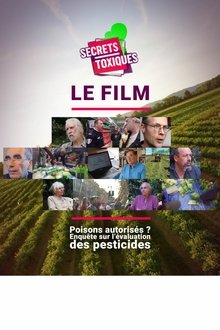
Secrets toxiques (2023)
Increase of chronic diseases, loss of biodiversity, extinction of bees... for a few years, the consequences of pesticides mass use are compelling public opinion. How to explain their effects on human health and biodiversity, whereas EU regulations forbid the spread of every harmful product ?
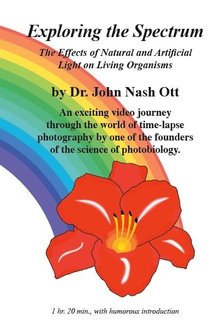
Exploring the Spectrum (1974)
An exciting video journey through the world of time-lapse photography by one of the founders of the science of photobiology, Dr. John Nash Ott. Do fluorescent lights cause cancer and childhood learning and behavior disorders? Can long-term exposure to low-level radiation as from TV sets, computers, fluorescent lights, and similar devices harm you? Does living behind window glass and with glasses covering our eyes over years affect our health? Is natural sunlight and trace ultra-violet radiation really harmful? Or is it necessary and beneficial? How do cells, plants, and animals respond to constant exposure to different light color frequencies? These and similar questions were the subjects of Dr. Ott's pioneering investigations in the field of photobiology, using the methods of time-lapse photography.
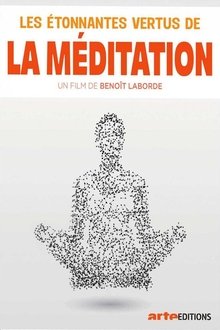
Les étonnantes vertus de la méditation (2017)
For many, meditation is the new yoga and is gaining new popularity worldwide. More and more clinical studies are showing that meditation has a positive influence on our brain and our health. Science has the first answers to the question of the extent to which mental practice is actually effective for pain, depression or anxiety. Could meditation help to cure certain illnesses or prevent them altogether?
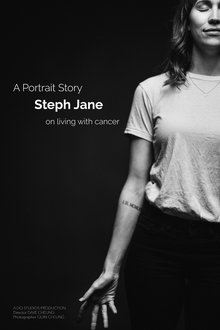
Steph Jane - A Portrait Story (2019)
Through an intimate conversation, Steph Jane, age 28, shares the struggles and lessons her second diagnosis of stage-4 cancer has taught her. From being genuinely present and savouring simple moments to thoughts of the future and what really matters, Steph reveals beauty and wisdom which transcend appearance and years.
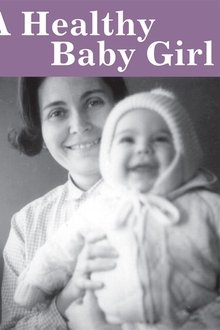
A Healthy Baby Girl (1997)
Filmmaker Judith Helfand turns the camera on herself to document her battle with cancer caused by DES, a drug prescribed to her mother during pregnancy. Refusing to confine the tears, rage, laughter and hope to dinner table conversations, Helfand invites us to witness her personal journey from radical hysterectomy patient to vocal opponent of toxic exposure. From her suburban home to the halls of Congress, the intensely private becomes widely public, and an American family is transformed and strengthened.

Super Size Me (2004)
Morgan Spurlock subjects himself to a diet based only on McDonald's fast food three times a day for thirty days without exercising to try to prove why so many Americans are fat or obese. He submits himself to a complete check-up by three doctors, comparing his weight along the way, resulting in a scary conclusion.

Voices from the Shadows (NaN)
‘Voices from the Shadows’ shows the brave and sometimes heartrending stories of five ME patients and their carers, along with input from Dr Nigel Speight, Prof Leonard Jason and Prof Malcolm Hooper. These were filmed and edited between 2009 and 2011, by the brother and mother of an ME patient in the UK. It shows the devastating consequences that occur when patients are disbelieved and the illness is misunderstood. Severe and lasting relapse occurs when patients are given inappropriate psychological or behavioural management: management that ignores the severe amplification of symptoms that can be caused by increased physical or mental activity or exposure to stimuli, and by further infections. A belief in behavioural and psychological causes, particularly when ME becomes very severe and chronic, following mismanagement, is still taught to medical students and healthcare professionals in the UK. As a consequence, situations similar to those shown in the film continue to occur.

We Make Butter (NaN)
When Dick and Jane go to visit their cousin Billy and Aunt Ruth at their farm, they learn the process of how butter is made and prepared for stores by making it homemade.
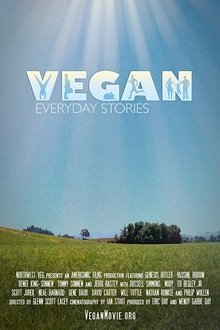
Vegan: Everyday Stories (2016)
A feature-length documentary that explores the lives of four remarkably different people who share a common thread - they're all vegan. The movie traces the personal journeys of an ultramarathon runner who has overcome addiction to compete in one hundred mile races, a cattle rancher's wife who creates the first cattle ranch turned farmed animal sanctuary in Texas, a food truck owner cooking up knee-buckling plant-based foods, and an 8-year-old girl who convinces her family of six to go vegan.